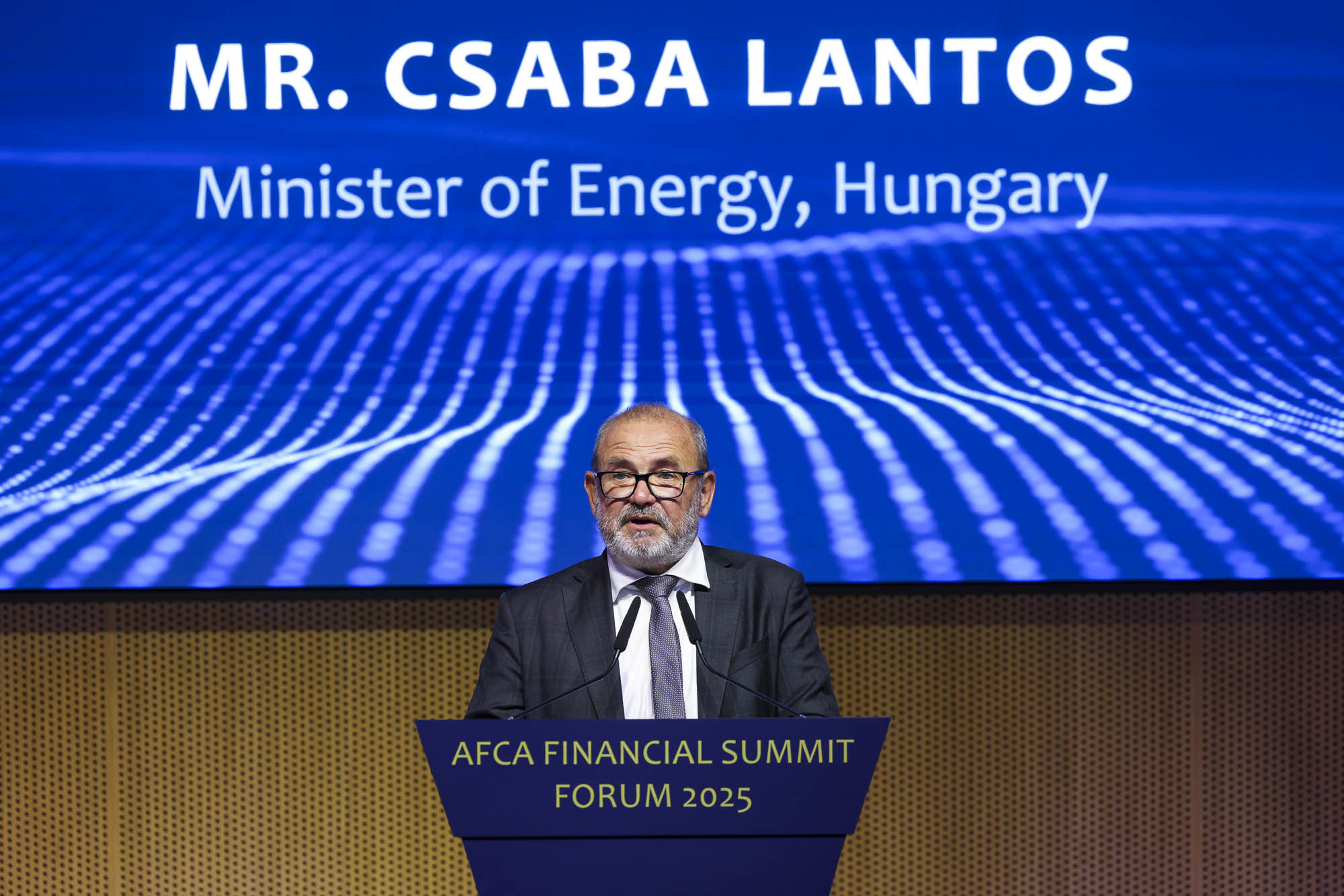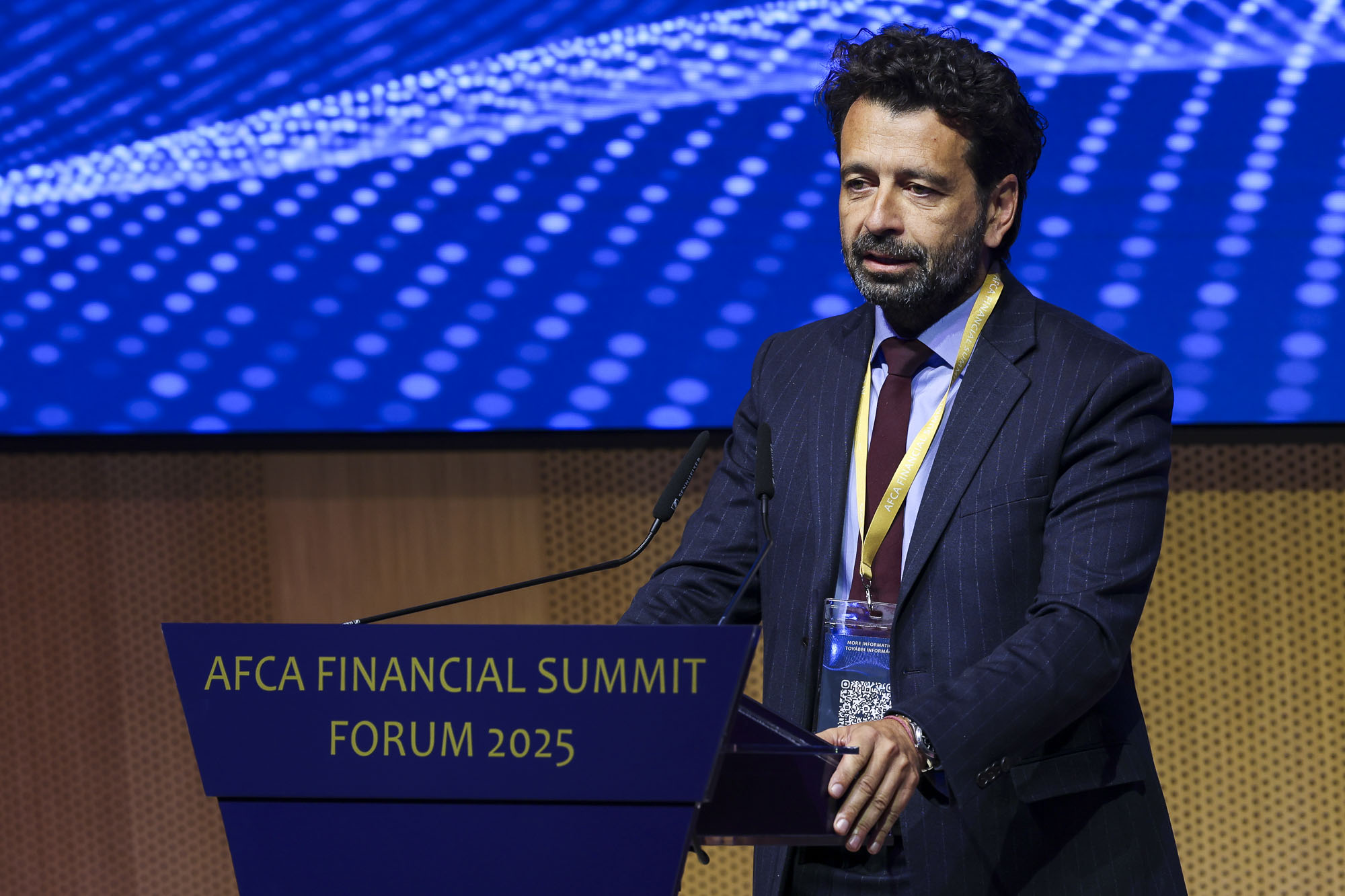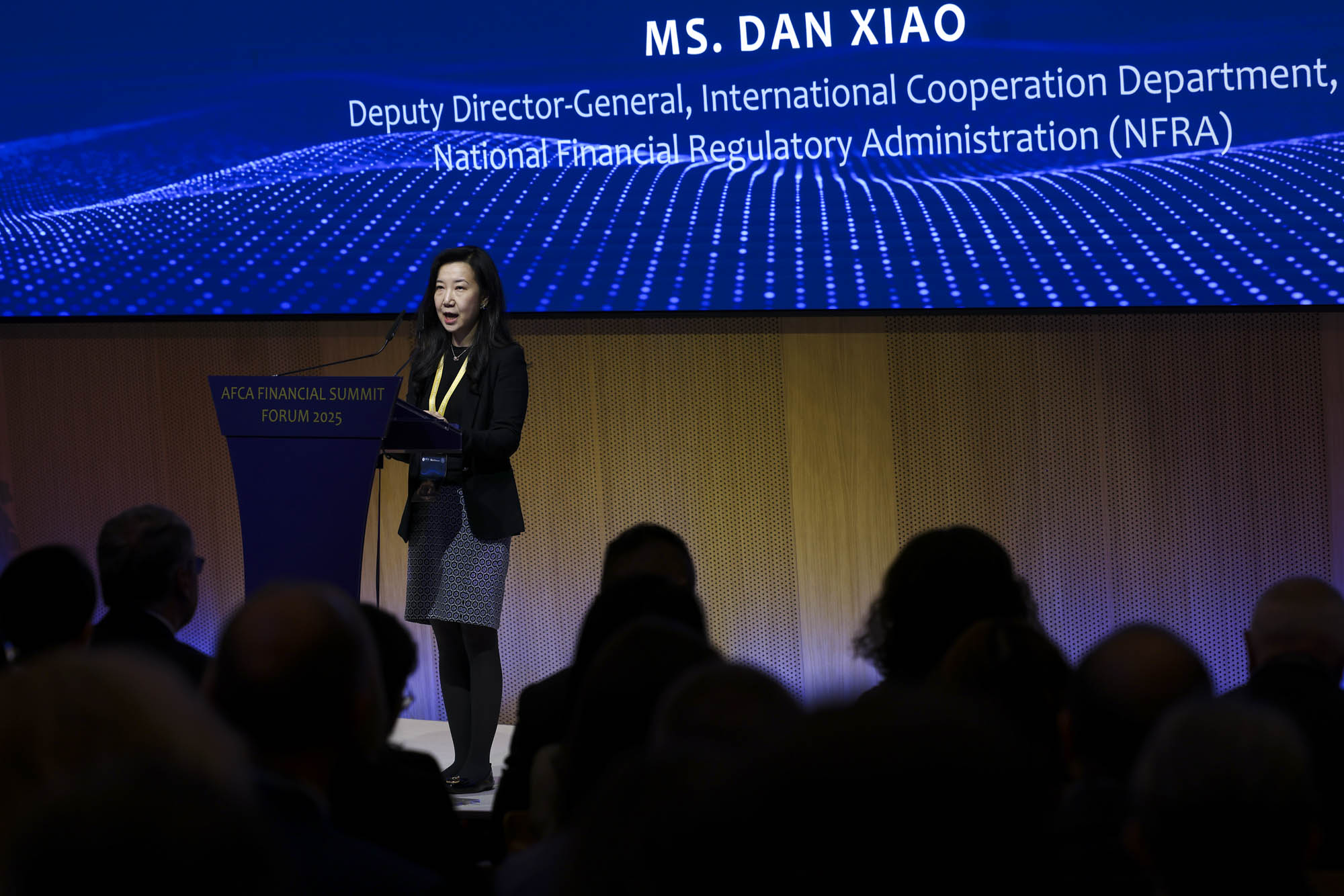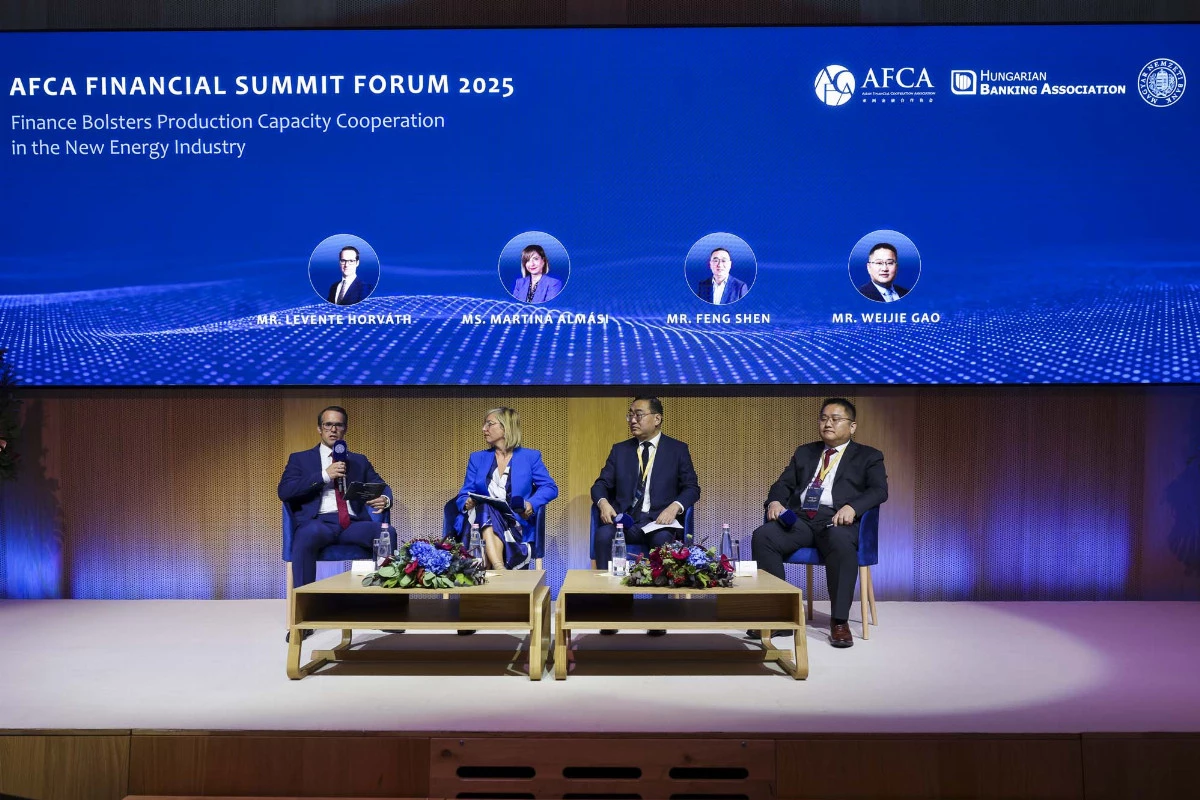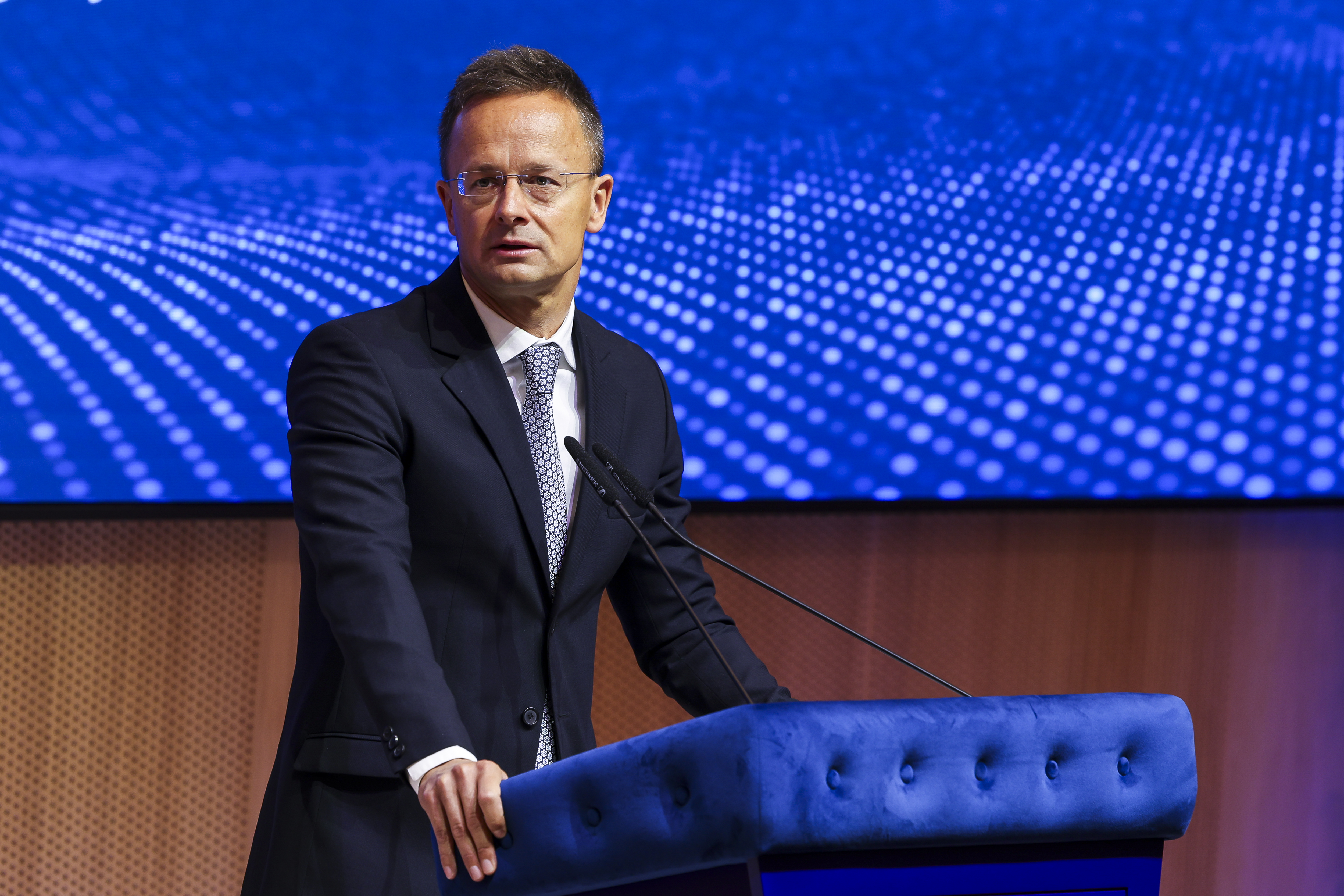
“Today, the global economy is surrounded by profound uncertainty on multiple fronts, which makes the role of central banks crucial in preserving stability and ensuring a predictable environment,” stressed Mihály Varga, Governor of the MNB, in his opening remarks.
He described cooperation between Europe and Asia as essential for three main reasons. First, because of geography – the two continents are physically connected. Second, because of history – the ancestors of the Hungarian people migrated from Asia, making this link part of our very bloodstream. He also noted that Hungary is increasingly leveraging its geographical position between East and West, as it is in the country’s interest to serve as Europe’s economic gateway to Asia.
Finally, he cited Asia’s economic rise, which he called “the most defining event of recent decades.” The engines of future growth, he emphasized, have clearly shifted eastward. In this changing world, central banks also have an important role to play: they can set direction. Fields such as green transition and new energy industries require not only economic but also financial cooperation.

